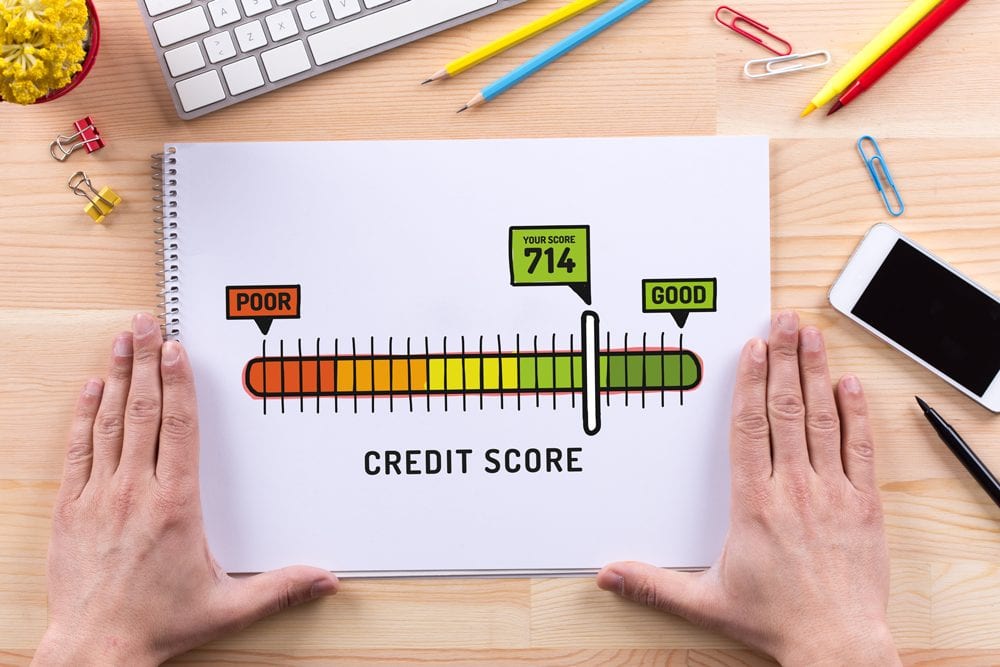Introduction to Credit Scores
Your credit score is a reflection of your financial trustworthiness, impacting decisions like loan approvals, interest rates, and even renting an apartment. It’s calculated by analyzing your credit behavior and provides lenders with an indication of how likely you are to repay debts. For individuals, understanding when and how this score updates is essential for maintaining a healthy financial profile.
Understanding Credit Reporting Agencies
Credit reporting agencies, also known as credit bureaus, are responsible for collecting and maintaining credit information. The three primary agencies in the U.S.—Equifax, Experian, and TransUnion—use slightly different scoring models, which sometimes result in varied credit scores across the bureaus. These agencies rely on information provided by creditors and lenders to calculate your credit score.
Factors Influencing Credit Score Updates
Your credit score doesn’t have a fixed update schedule; instead, it changes based on the inflow of new information to your credit report. Key factors influencing updates include payment history, credit card utilization, the opening or closing of accounts, and changes in outstanding balances. These inputs can alter your score as soon as they’re reported to the credit bureaus.
The Monthly Reporting Cycle
Most lenders and creditors have a monthly reporting schedule. They typically send updates to credit bureaus at the end of a billing cycle, which means your credit score could change monthly or even more frequently. Changes often depend on when lenders report information rather than the credit reporting agencies themselves.
How Lenders Report Information
Lenders play a pivotal role in determining how often your credit score updates. Each lender selects its own schedule for reporting to the credit bureaus. Some report weekly, while others may only update monthly. Because there is no industry-standard reporting timeline, the updates you see on your credit report may vary throughout the month.
Impact of Payment History
Payment history is the most critical factor in determining your credit score, accounting for approximately 35% of the scoring model. If you make a late payment, the report of this infraction can lower your credit score, and it takes time to recover from its impact. Consistently on-time payments, on the other hand, contribute positively and will reflect during regular reporting cycles.
Monitoring Your Credit Report
Keeping track of your credit report is essential for staying informed about when updates occur. Many financial institutions provide credit score tracking services as part of their offerings. Additionally, you’re entitled to one free credit report per year from each of the three bureaus through AnnualCreditReport.com. These tools can help you understand changes in your credit score over time.
Correcting Errors on Your Credit Report
Occasionally, errors in reporting can result in inaccurate credit scores. Incorrect payment statuses, outdated balances, and unrecognized accounts can harm your score. If you notice errors while monitoring your credit report, you should dispute them with the relevant credit bureau. Correcting these inaccuracies can positively impact your score during the next update.
Maintaining a Healthy Credit Score
Maintaining a stable and healthy credit score requires consistent financial habits. Some key approaches include paying your bills on time, keeping credit card usage below 30% of your limit, and avoiding opening unnecessary accounts. Regular checks on your credit report will also help you ensure that your score reflects your true financial behavior.
How Often Does Your Credit Score Update?
Credit scores are dynamic and can update as often as information is reported to the credit bureaus. While most lenders report monthly, the timing can vary across institutions. It’s important to remember that credit scores don’t update instantly; they reflect a summary of financial activities over a given period. Staying mindful of these factors can help you manage your credit effectively.
FAQ
How long do credit score updates take to appear?
Credit score updates can take a few days to weeks, depending on when lenders report information.
Can I check my credit score daily?
Yes, some platforms allow daily credit monitoring, but scores might not change unless there’s new information.
How much will a late payment affect my score?
A single late payment can significantly lower your score, but the impact depends on your overall credit history.
Will paying off a credit card immediately update my score?
Once your payment is reported by the lender, your score may increase, but the timeline depends on the lender’s reporting schedule.
Why do my credit scores vary between bureaus?
Credit bureaus collect data independently, and not all lenders report to every bureau, leading to potential score discrepancies.




